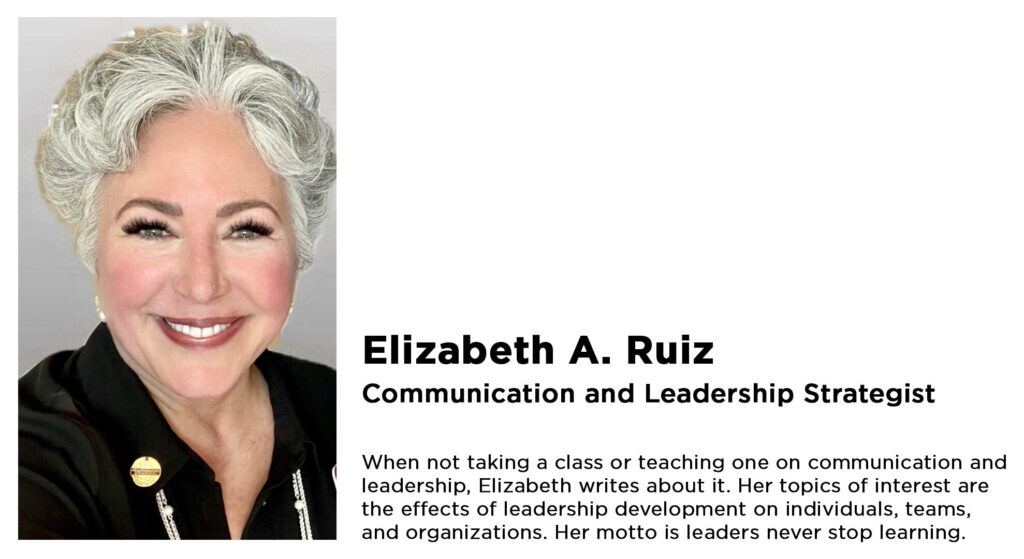A Smooth Transition: From Military Life to Civilian Life
Leaving the structured and disciplined military world to enter civilian life can be exciting and challenging. It marks the beginning of a new chapter filled with opportunities but comes with unique adjustments. This blog post will explore essential steps and strategies to ensure a smooth transition from military to civilian life.
Self-Assessment and Goal Setting
Before you leap into civilian life, take some time for self-assessment. Reflect on your skills, strengths, and interests. What are your long-term career goals? What kind of lifestyle do you envision? Establishing clear goals will give you direction and motivation as you navigate this transition.
Resume and LinkedIn Profile
Create a civilian-friendly resume that highlights your military experiences and accomplishments in a way that is understandable to civilians. Use plain language and focus on transferable skills like leadership, teamwork, problem-solving, and adaptability. Also, set up or update your LinkedIn profile to connect with potential employers and professional networks.
Networking
Building a solid civilian network is crucial for career success. Attend job fairs and industry events and connect with former colleagues who have transitioned. Networking can open doors to job opportunities and provide valuable insights into the civilian job market.
Education and Training
Consider if further education or training is necessary for your desired civilian career path. Many organizations offer programs to help veterans gain the skills and certifications needed to excel in civilian jobs. Take advantage of these resources to enhance your qualifications.
Financial Planning
Managing your finances in civilian life may require a different approach than in the military. Create a budget that accounts for your new income, expenses and any benefits you’ll receive. Pay attention to your retirement plans, insurance, and investments to ensure financial stability.
Health and Wellness
Prioritize your physical and mental health during the transition. Many veterans experience challenges like post-traumatic stress disorder (PTSD) or physical injuries. Seek support from healthcare professionals and veterans’ organizations to address these issues. Maintaining a healthy lifestyle and exercise routine can also contribute to a smoother transition.
Job Search Strategies
When searching for a civilian job, tailor your approach to the industry or career field you’re interested in. Leverage job search websites, industry-specific job boards, and professional organizations—for example, USJobLink.com. Practice your interviewing skills to effectively communicate your military experiences and how they relate to civilian roles.
Cultural Adjustment
Recognize that civilian workplaces may have different cultures and expectations than the military. Adapt to these differences by being open to new ideas, communication styles, and problem-solving approaches. Be patient with yourself as you adjust to this new environment.
Seek Mentorship
Find a mentor who has successfully transitioned from military to civilian life. Their guidance and insights can be invaluable as you navigate the challenges and opportunities in your new civilian career.
Stay Resilient
Transitioning from military to civilian life can be a journey filled with ups and downs. Stay resilient and maintain a positive outlook. Embrace change as an opportunity for personal growth and adaptability.
Transitioning from military to civilian life is a significant milestone requiring careful planning and preparation. By setting clear goals, building a solid network, and seeking support from various resources, you can make this transition smoother and embark on a successful civilian career. Remember, your military experience has equipped you with valuable skills that can be a tremendous asset in your new civilian life. Embrace the challenges and embrace the opportunities that await you in the civilian world.
Connect with Elizabeth on LinkedIn.

